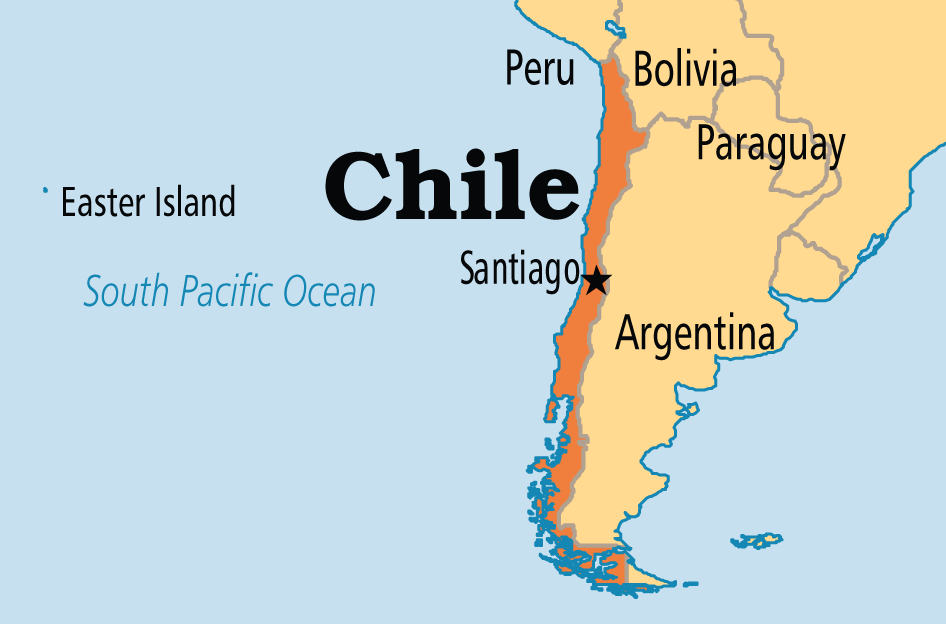7667766266
enquiry@shankarias.in
Why in news?
Centre-right politician ‘Sebastián Piñera’ has been elected as Chile’s President recently.

What is significance?
What would be the foremost challenge?
What is the emerging trend in Latin America?
Source: The Hindu